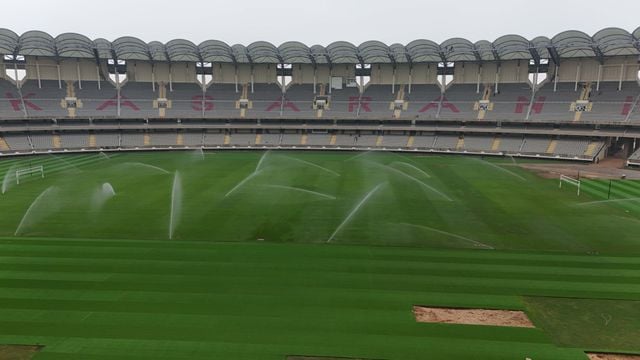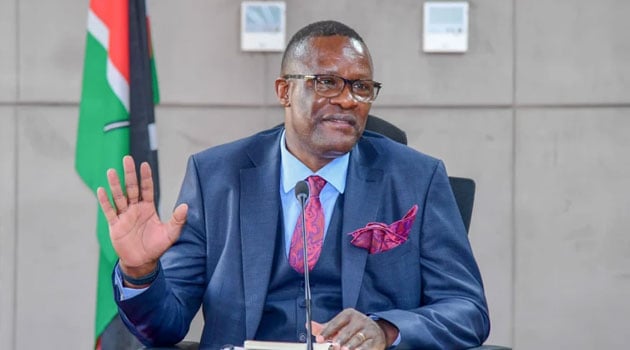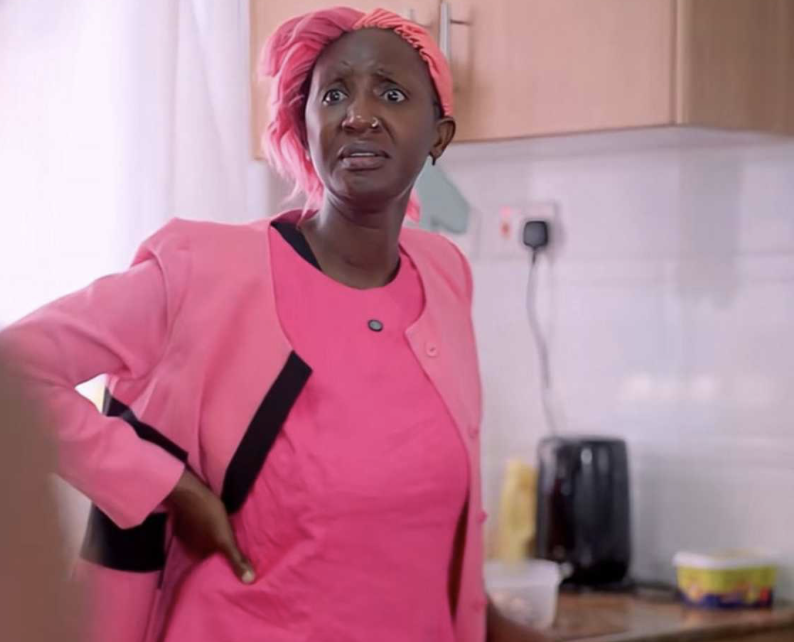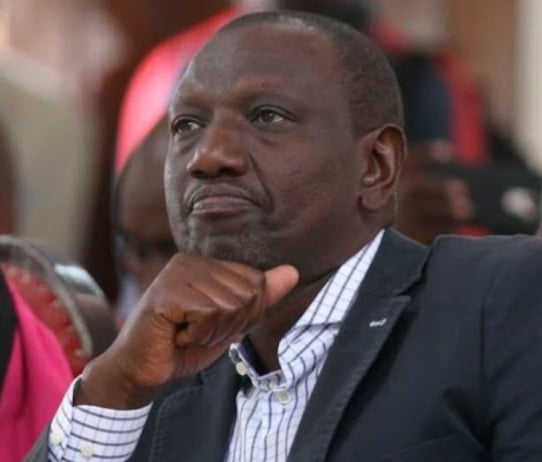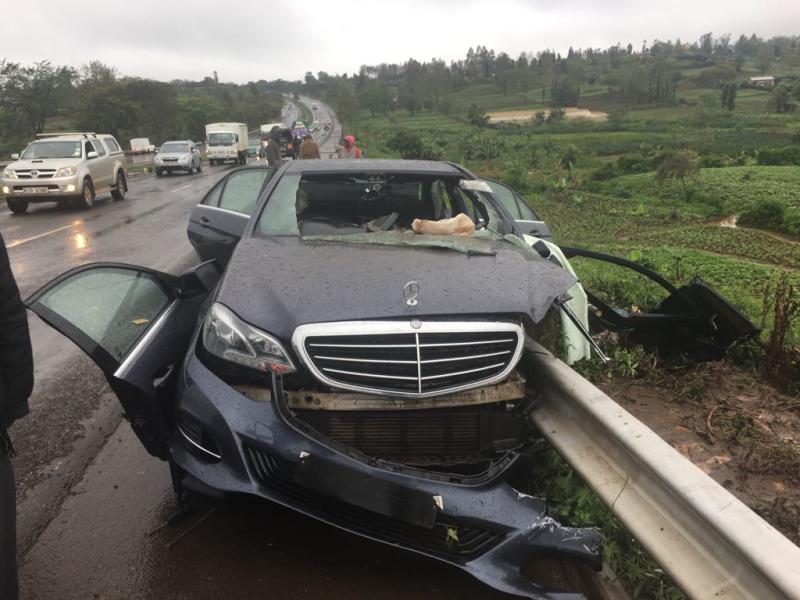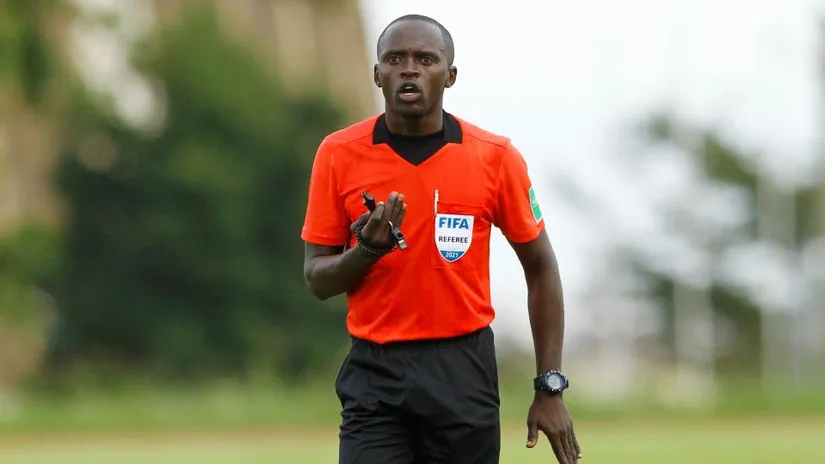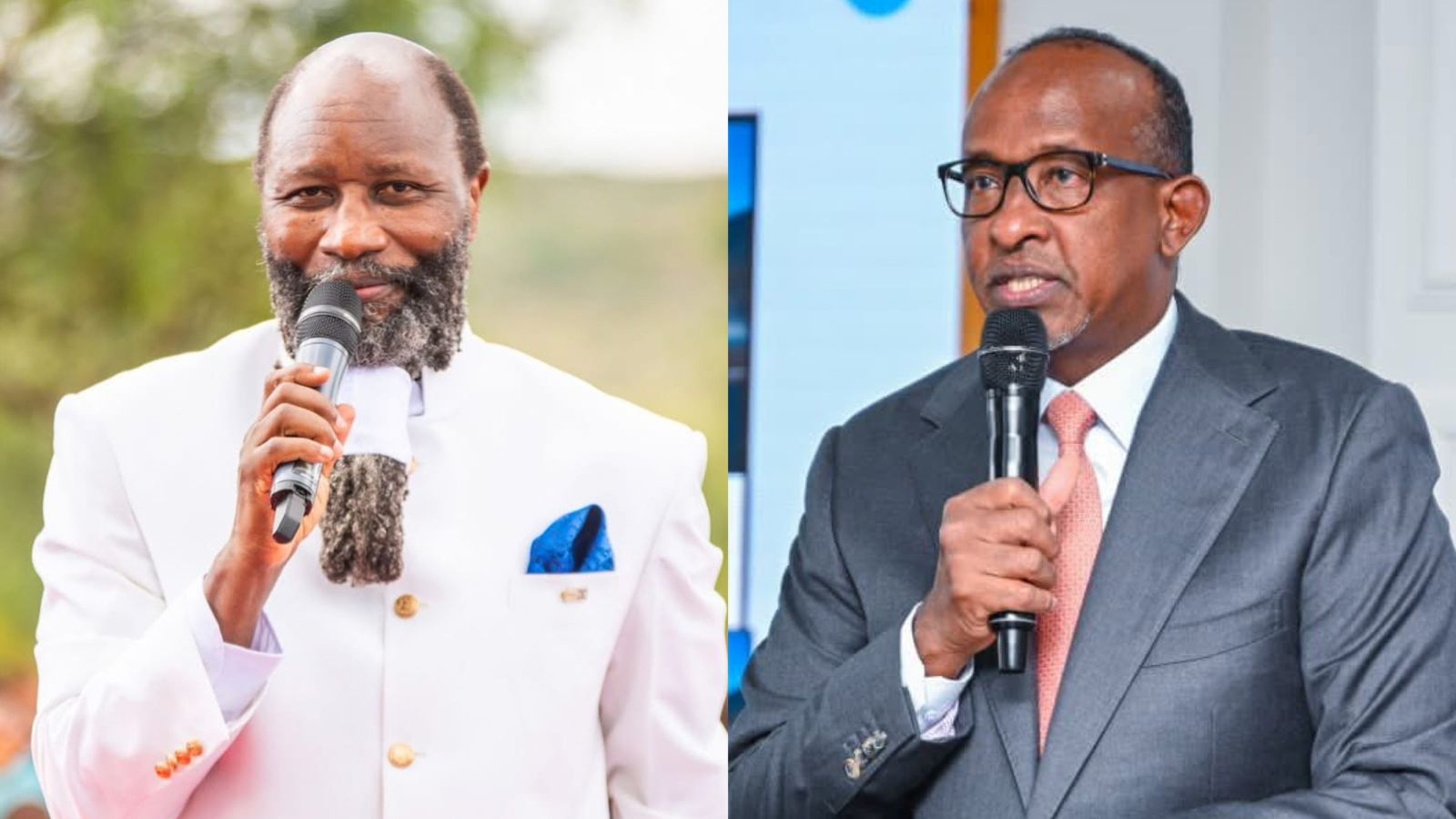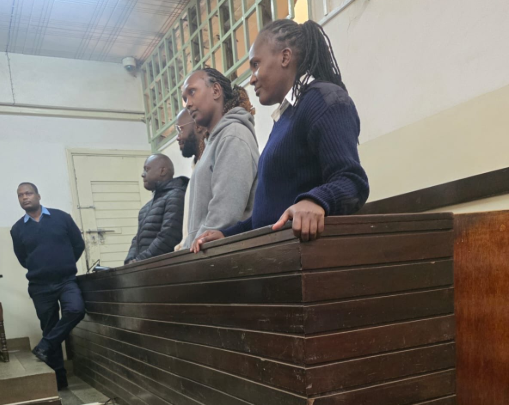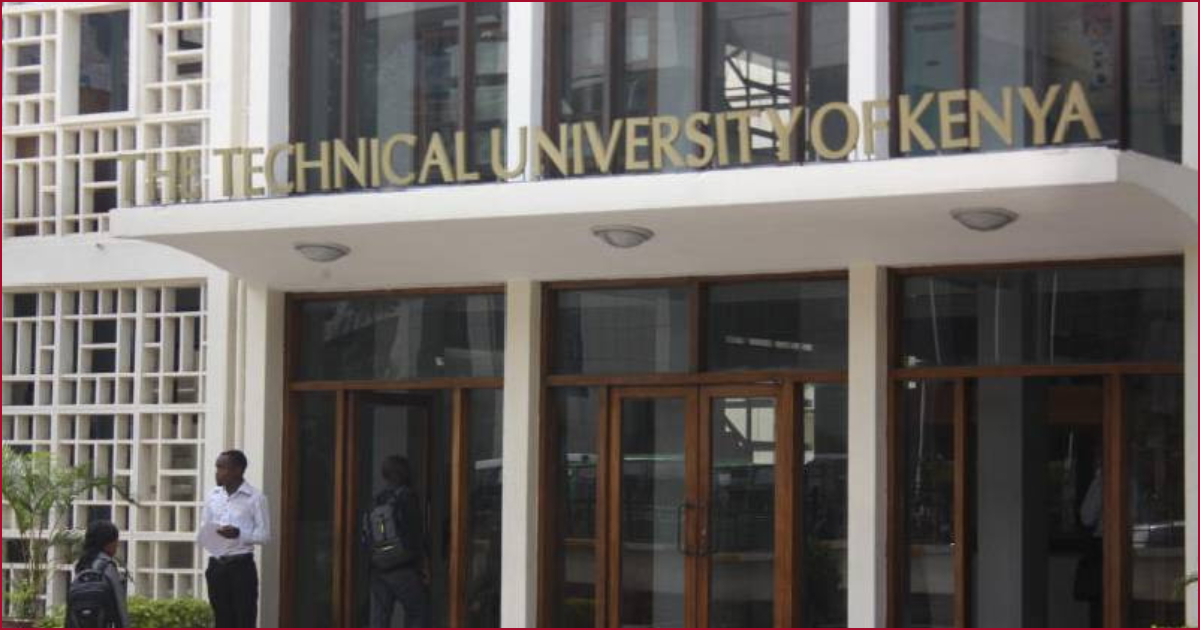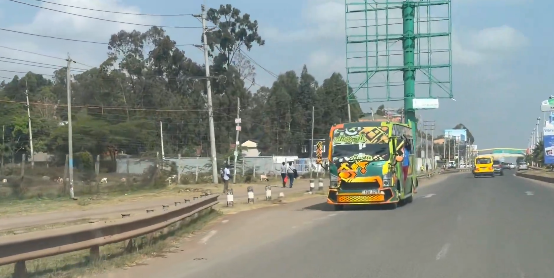During President Uhuru Kenyatta’s time in office, his government was often criticised for assigning military officers to roles traditionally reserved for civilians. Many questioned why soldiers were taking charge of state agencies and public projects. But over time, the results began to speak for themselves.
The military was brought in to fix key projects, often when things were behind schedule or had stalled completely. While questions remained, it became harder to ignore the transformation once the work was done.
In this article, we outline major public projects that were revived and completed under the watch of the Kenya Defence Forces (KDF); often under tight deadlines and with high public interest.
Kasarani Stadium
By late 2024, Kasarani Stadium had become a national concern. Set to be one of the host venues for the 2024 African Nations Championship (CHAN), it was flagged for being incomplete and failing to meet Confederation of African Football (CAF) standards. Roofing canopies were missing, lighting and drainage systems were faulty, and construction was only about 70% complete.
Read More
Under pressure to meet CAF’s 31 December 2024 deadline or risk losing the tournament, the government deployed the KDF under the Ministry of Defence (MoD) to take over the project.
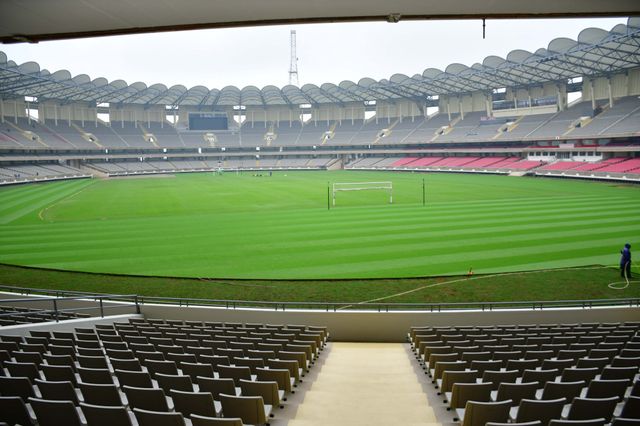
Military engineering teams upgraded the entire stadium infrastructure, including floodlights, drainage, VIP zones, and broadcast facilities. By July 2025, President William Ruto toured the site and confirmed it was ready.
Nyayo Stadium
Neglected for years, Nyayo Stadium was considered too dilapidated to host international fixtures. With Kenya set to co-host CHAN 2024, it was clear that urgent intervention was required. Once again, KDF was called in to lead the turnaround.
Renovations included overhauling changing rooms, upgrading spectator seating, repairing floodlights, and setting up modern media facilities. Pitch drainage systems were also restored to ensure athlete safety.
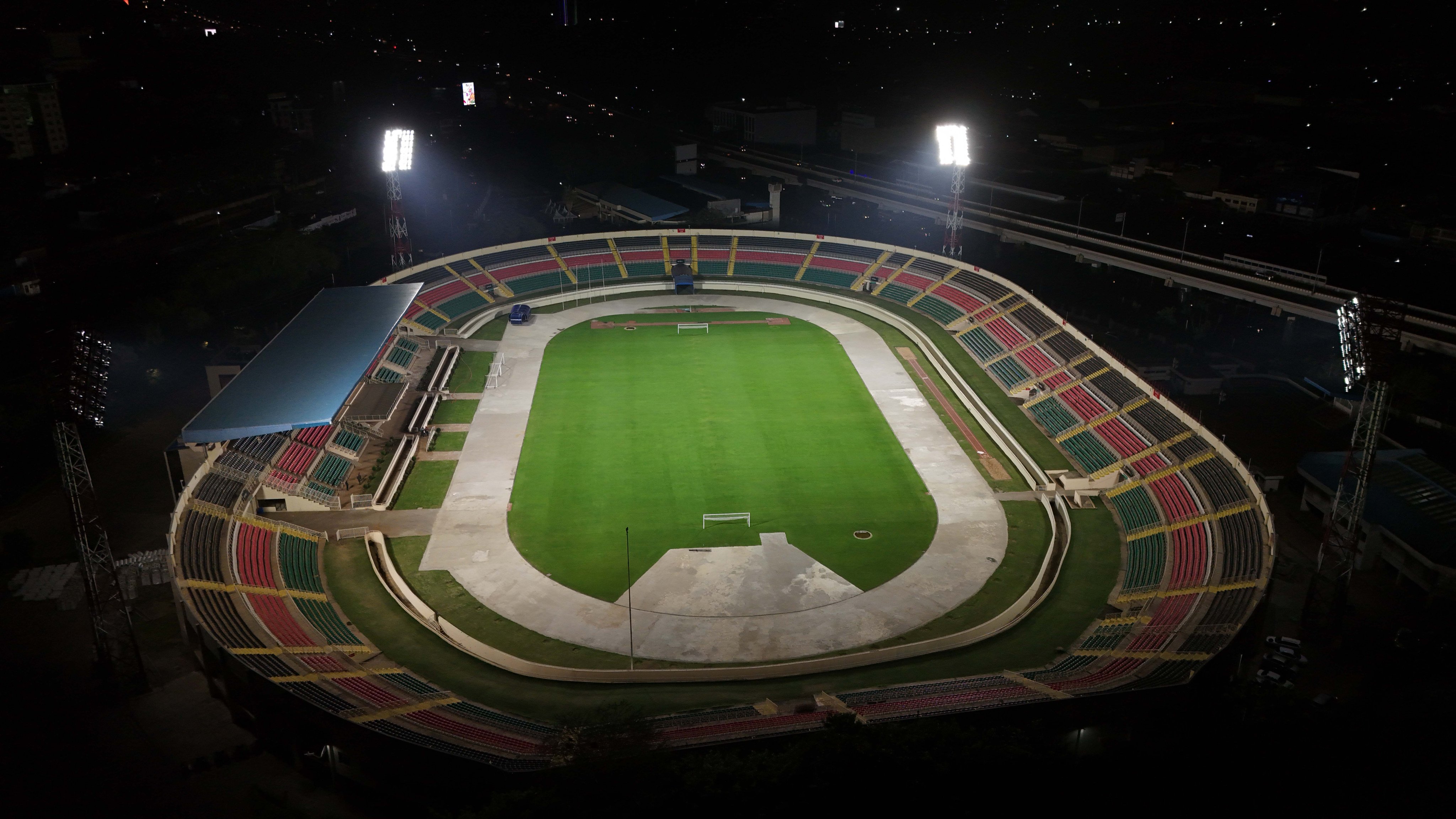
By March 2025, Harambee Stars hosted Gabon in an international fixture before a near-full stadium; a remarkable return after years of inactivity. In July 2025, Defence Cabinet Secretary Soipan Tuya officially handed over the completed stadium to Sports CS Salim Mvurya.
Kenya Meat Commission (KMC)
Before 2020, the Kenya Meat Commission was in crisis. The agency faced financial woes, outdated machinery, and constant delays in paying livestock farmers. In September 2020, the government transferred KMC from the Ministry of Agriculture to the Ministry of Defence.
KDF took over operations at the Athi River plant, restoring order and efficiency. Payments to farmers were streamlined, machinery was upgraded, and the facility’s slaughter capacity was increased. New emphasis was placed on boosting exports and restoring public confidence.
Then-Defence CS Monica Juma and Chief of Defence Forces General Robert Kibochi attributed the turnaround to the military’s discipline and logistical capabilities.
Nakuru–Kisumu Railway
Dormant for 16 years, the metre-gauge railway between Nakuru and Kisumu had become a symbol of neglect. Once vital for transporting goods and passengers in western Kenya, the line had been vandalised and overgrown.
In 2020, KDF partnered with Kenya Railways and the National Youth Service to rehabilitate the line under an eight-month deadline and a KSh 3 billion budget. The military worked to replace rails, repair bridges, clear vegetation, improve drainage, and restore 18 railway stations along the route.
The line reopened in 2021 with successful test runs. Kenya Railways noted that the use of military engineers helped save billions in costs. Towns such as Molo, Londiani, and Muhoroni were reconnected, boosting trade and mobility across the region.
Kenyatta International Convention Centre (KICC)
Ahead of the Africa Climate Summit in September 2023, Kenya had to upgrade the Kenyatta International Convention Centre, the event’s main venue. For years, KICC had suffered from poor maintenance and structural issues.
The Ministry of Defence, through KDF, supervised a swift and comprehensive renovation. Improvements included upgraded conference halls, new audio-visual systems, air conditioning, digital security, resurfaced parking, and fresh landscaping.
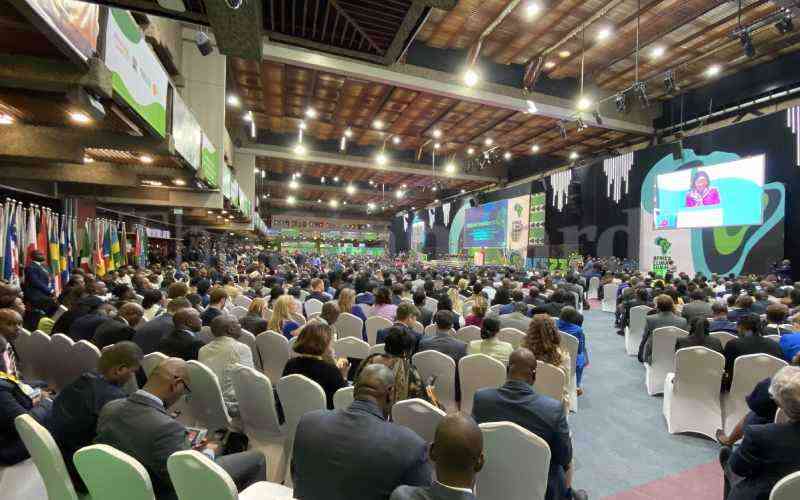
Despite some public debate over architectural changes, the facility was handed over just days before the summit and went on to host over 20 African heads of state and thousands of delegates.
Nairobi Metropolitan Services (NMS)
In 2020, General Mohamed Badi was appointed Director-General of Nairobi Metropolitan Services amid a crisis in city governance. Nairobi faced dirty streets, broken roads, water shortages, and failing public services.
Over two years, NMS transformed the capital. Over 350 km of roads were upgraded; more than 100 boreholes drilled; health centres, playgrounds, and green spaces restored. The agency improved traffic flow, launched garbage collection drives, and oversaw the digitisation of services.
Though controversial at times, many Nairobians credited NMS with improving the city’s liveability. The agency handed back functions to the Nairobi County Government in 2022.
